|
|
| Sei in: Cinema e Medioevo ® Vampiria. Tutti i film sui vampiri ® I film in ordine alfabetico (1896-oggi) |
Lady of the Dark: Genesis of the Serpent Vampire
2011, regia di Philip Gardiner
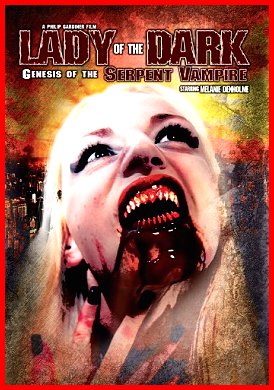
Scheda: Nazione: GB - Produzione: Chemical Burn entertainment - Distribuzione: Chemical Burn entertainment - Soggetto: Philip Gardiner - Sceneggiatura: Philip Gardiner - Fotografia: Philip Gardiner - Montaggio: Philip Gardiner - Musiche: James Earnshaw - Formato: Color - Durata: 70' (80').
Cast:
Melanie Denholme,
Theo Bastus, Morganna Bramah, James Earnshaw, Matt Everall, Emily Graham, Helen
Heaton, Frazer Hill, Julia Holland, Oliver Holland, Gemma Simpson, John Symes
(narratore).
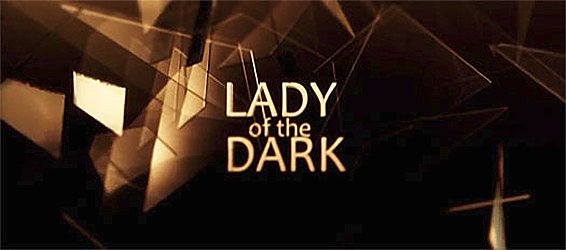

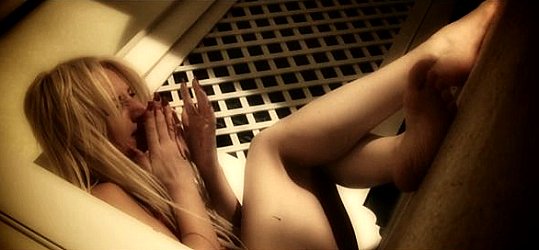
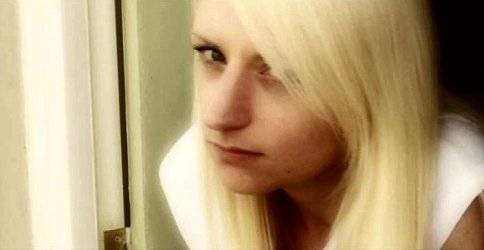
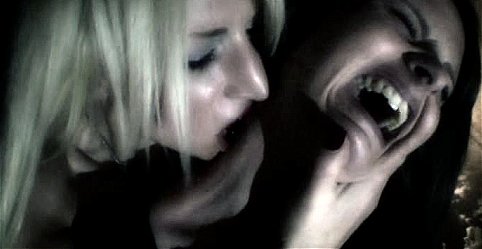
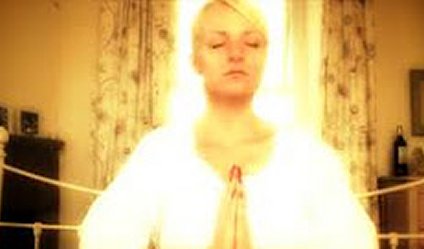
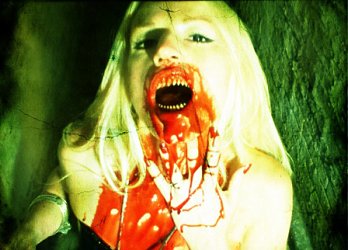
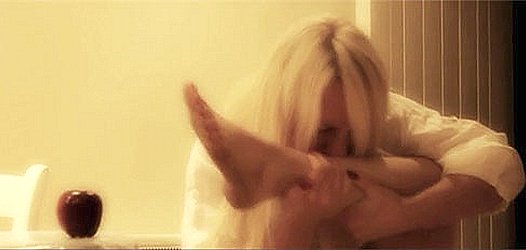
![]() Plot Summary, Synopsis, Review:
IMDb -
allmovie.com
-
terrortitans.blogspot.it -
searchmytrash.com
-
anythinghorror.com
-
chud.com
-
allocine.fr
-
abandomoviez.net
-
taliesinttlg.blogspot.co.uk:
«Director
Philip Gardner has a background in documentaries and we featured
Diary of a Vampire some time ago.
When it came to that I was underwhelmed by the poor research that went into the
documentary but was wowed by the imagery and music. Thus it came as less of a
surprise when this low budget English movie turned out to be very artistic in
basis and musically driven. The beginning of the piece starts with a narration
by John Symes that talks about the serpent in the Garden of Eden and how, when
Eve ate the apple, the serpent discovered mortality. Of how the serpent was
worshipped but eventually, as the focus of worship was changed, it was hunted as
the dragon or expelled by St Patrick. How the vampire myth grew around the
serpent and of the prophecy of the next genesis of the serpent cult. Eve
(Melanie Denholme) is an ordinary woman in a loving marriage and taking two
weeks off work. During this time she is bitten by a snake – she sucks the poison
from her own leg, it would seem, and then eats an apple (the symbolism being
obvious, perhaps too obvious). At first she seems to just become (even) more
sexually charged for her husband but then things start to change. She suffers
nightmares and they're filled with dark eroticism. Interestingly most of the
film is shot in a pov looking at Eve, be it her husband’s POV, or a web camera (into
which she diarises). We never see her husband (or his face at least) and story
aspects such as where he vanishes to – though that does seem eventually to be
revealed – and what becomes of her job are left to imagination. Eventually –
after a trip away and a hurried affair with a psychiatrist that might have left
him dead on her hotel floor (this is insinuated, we do not see a body) – we
realise there is a man held captured, hooded and possibly mutilated (we see a
jar with what might be parts of his face) in her home. The logical assumption is
that this is her husband (though it is never spelt out) and eventually she uses
the man to feed. The film is therefore to be judged really on four aspects.
Firstly Melanie Denholme’s performance. Hers is the only voice (bar prologue and
epilogue narrations) we hear and, other than some random victims, the only face
we see and, overall, she offers a strong performance. Perfect? No, but
compelling at all times and she manages to portray a metamorphosis of her
character that moves through anguish and madness».
Plot Summary, Synopsis, Review:
IMDb -
allmovie.com
-
terrortitans.blogspot.it -
searchmytrash.com
-
anythinghorror.com
-
chud.com
-
allocine.fr
-
abandomoviez.net
-
taliesinttlg.blogspot.co.uk:
«Director
Philip Gardner has a background in documentaries and we featured
Diary of a Vampire some time ago.
When it came to that I was underwhelmed by the poor research that went into the
documentary but was wowed by the imagery and music. Thus it came as less of a
surprise when this low budget English movie turned out to be very artistic in
basis and musically driven. The beginning of the piece starts with a narration
by John Symes that talks about the serpent in the Garden of Eden and how, when
Eve ate the apple, the serpent discovered mortality. Of how the serpent was
worshipped but eventually, as the focus of worship was changed, it was hunted as
the dragon or expelled by St Patrick. How the vampire myth grew around the
serpent and of the prophecy of the next genesis of the serpent cult. Eve
(Melanie Denholme) is an ordinary woman in a loving marriage and taking two
weeks off work. During this time she is bitten by a snake – she sucks the poison
from her own leg, it would seem, and then eats an apple (the symbolism being
obvious, perhaps too obvious). At first she seems to just become (even) more
sexually charged for her husband but then things start to change. She suffers
nightmares and they're filled with dark eroticism. Interestingly most of the
film is shot in a pov looking at Eve, be it her husband’s POV, or a web camera (into
which she diarises). We never see her husband (or his face at least) and story
aspects such as where he vanishes to – though that does seem eventually to be
revealed – and what becomes of her job are left to imagination. Eventually –
after a trip away and a hurried affair with a psychiatrist that might have left
him dead on her hotel floor (this is insinuated, we do not see a body) – we
realise there is a man held captured, hooded and possibly mutilated (we see a
jar with what might be parts of his face) in her home. The logical assumption is
that this is her husband (though it is never spelt out) and eventually she uses
the man to feed. The film is therefore to be judged really on four aspects.
Firstly Melanie Denholme’s performance. Hers is the only voice (bar prologue and
epilogue narrations) we hear and, other than some random victims, the only face
we see and, overall, she offers a strong performance. Perfect? No, but
compelling at all times and she manages to portray a metamorphosis of her
character that moves through anguish and madness».
![]() Approfondimenti:
Movie
Review
Approfondimenti:
Movie
Review